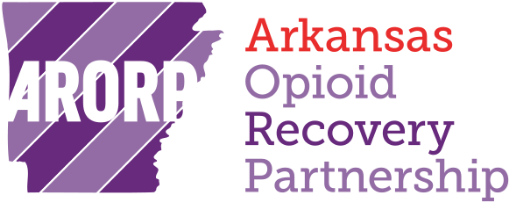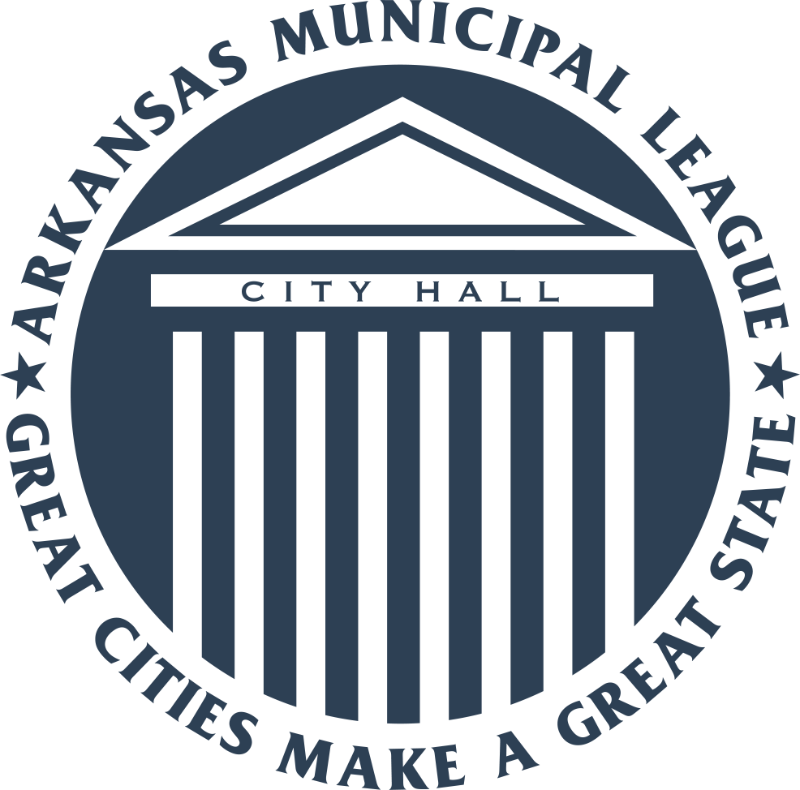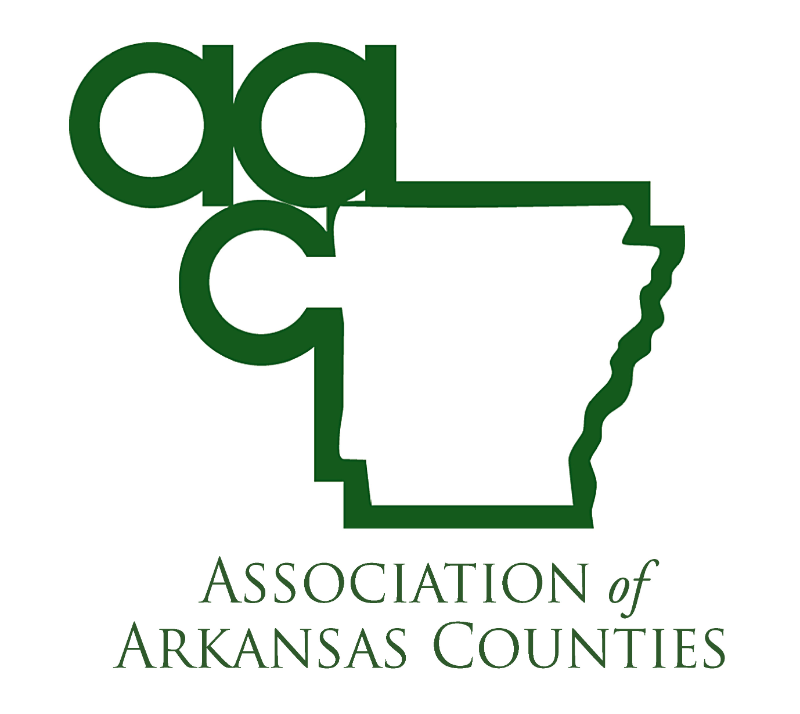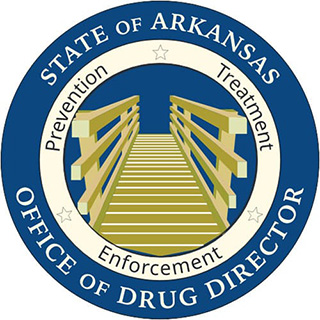13 Arkansas groups awarded $25K to help fight opioid crisis
Author: Frederick Price (KTHV)
Published: 5:23 PM CDT April 21, 2023
Updated: 5:24 PM CDT April 21, 2023
Original Article: Click Here
LITTLE ROCK, Ark. — The opioid epidemic is impacting everyone in some way.
“Over the last two years, Arkansas has lost over 1,100 people,” Arkansas Opioid Recovery Partnership Director Kirk Lane said.
Natural State Recovery Centers Director JD Skelton said he’s dealt with substance abuse firsthand for years.
“I’ve been a drug addict for 35 years,” Skelton said. “I spent 13 years of that in prison.”
After serving time in prison, Skelton wanted to give back and lead an effort to help those struggling with addiction.
However, running a detox and recovery center comes with challenges.
“You have to be able to serve more people,” Skelton said. “You got to have more beds.”
On Friday, the Arkansas Opioid Recovery Partnership awarded 13 community coalitions $25,000 to further the fight against Arkansas’s opioid crisis.
“[It] pays for that educational experience,” Lane said. “The travel and everything to be a part of that educational deal.”
These groups will go to personalized training to learn how to reduce opioid abuse in Arkansas and how to apply for the federal Drug-Free Communities Support Program.
Natural State Recovery Centers is a part of four groups getting additional funding to grow its organization.
“The settlement money has afforded Natural State to get a building in downtown Little Rock so that we can actually grow our outpatient,” Skelton said.
Rusti Holwick is the CEO of the Guidance Center, which serves Western Arkansas.
She said the money would add more recovery centers and support specialists, among other things.
“Our biggest one is to open a residential treatment center for substance abuse treatment and it’s just so needed,” Holwick said. “We have such a shortage of beds.”
Like many other leaders in attendance, Holwick said the funding could help them enhance resources they don’t currently have to fight the opioid epidemic.
“We can now support them and fund small rural cities and counties to help them get help,” Lane said. “Where help has never been available before.”



